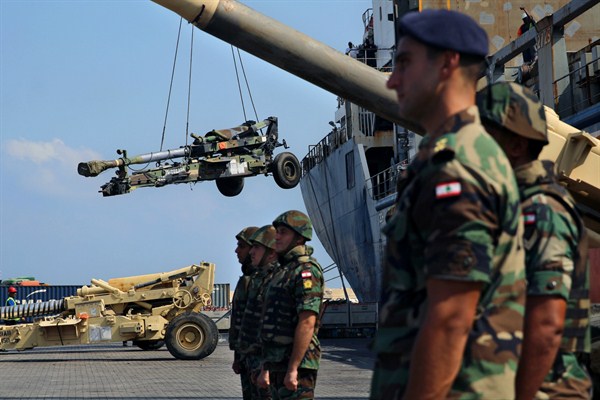Burkina Faso, a small West African country that most Americans have never heard of and that saw a popular uprising in 2014 and attempted coup a year later, has received more than $4 million in the past 10 years to help professionalize its military. However, even with consistent U.S. security assistance, the State Department reports significant human rights concerns in Burkina Faso, including extrajudicial killings by security forces and excessive use of force, such as torture, against civilians.
Burkina Faso is not the only country receiving U.S. security assistance despite a questionable human rights record. Every year, the United States spends billions of dollars on military and security assistance to foreign governments through programs run by both the State Department and the Department of Defense. But in the past 15 years, the scope and magnitude of the Pentagon’s programs have expanded dramatically. Experts now estimate the Pentagon alone spends $8 billion to $10 billion a year on assistance to more than 180 countries—compared to approximately $8 billion a year by the State Department to 147 countries—which has led many to question the apparent militarization of U.S. security assistance and the impact that has on short- and long-term security and foreign policy objectives.
Oversight and transparency over these myriad programs are often extremely difficult. Numerous government accounts provide this money, and depending on the program, different congressional committees maintain oversight. The stove-piped nature of U.S. military assistance and the steadfast secrecy that surrounds decisions made for reasons of “national security” often create an artificial division between national security interests and foreign policy ideals. They also make it nearly impossible to identify the exact amount of spending, to evaluate the effectiveness and impact of various programs, and to avoid duplicating resources and efforts across different offices and agencies.

